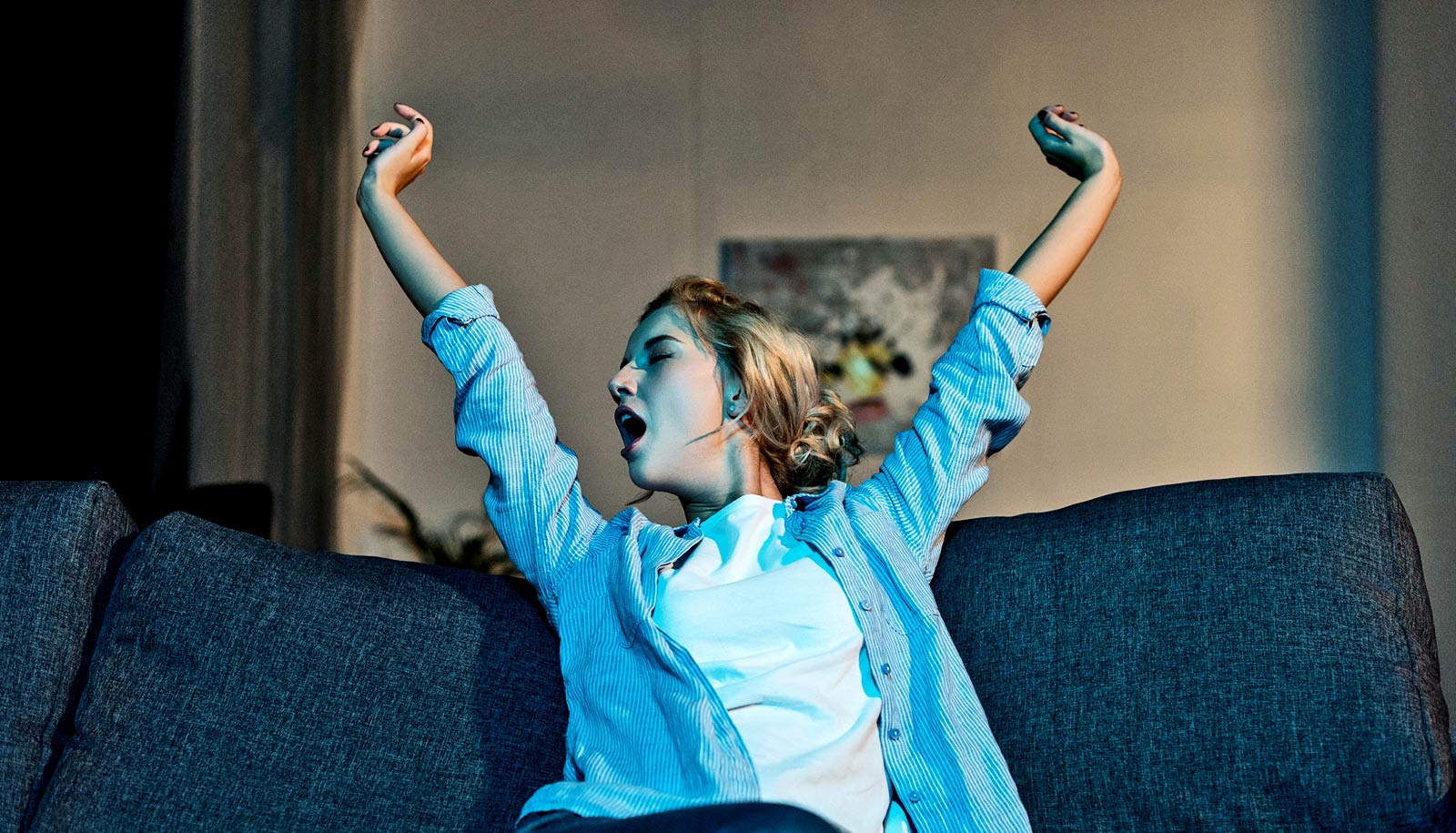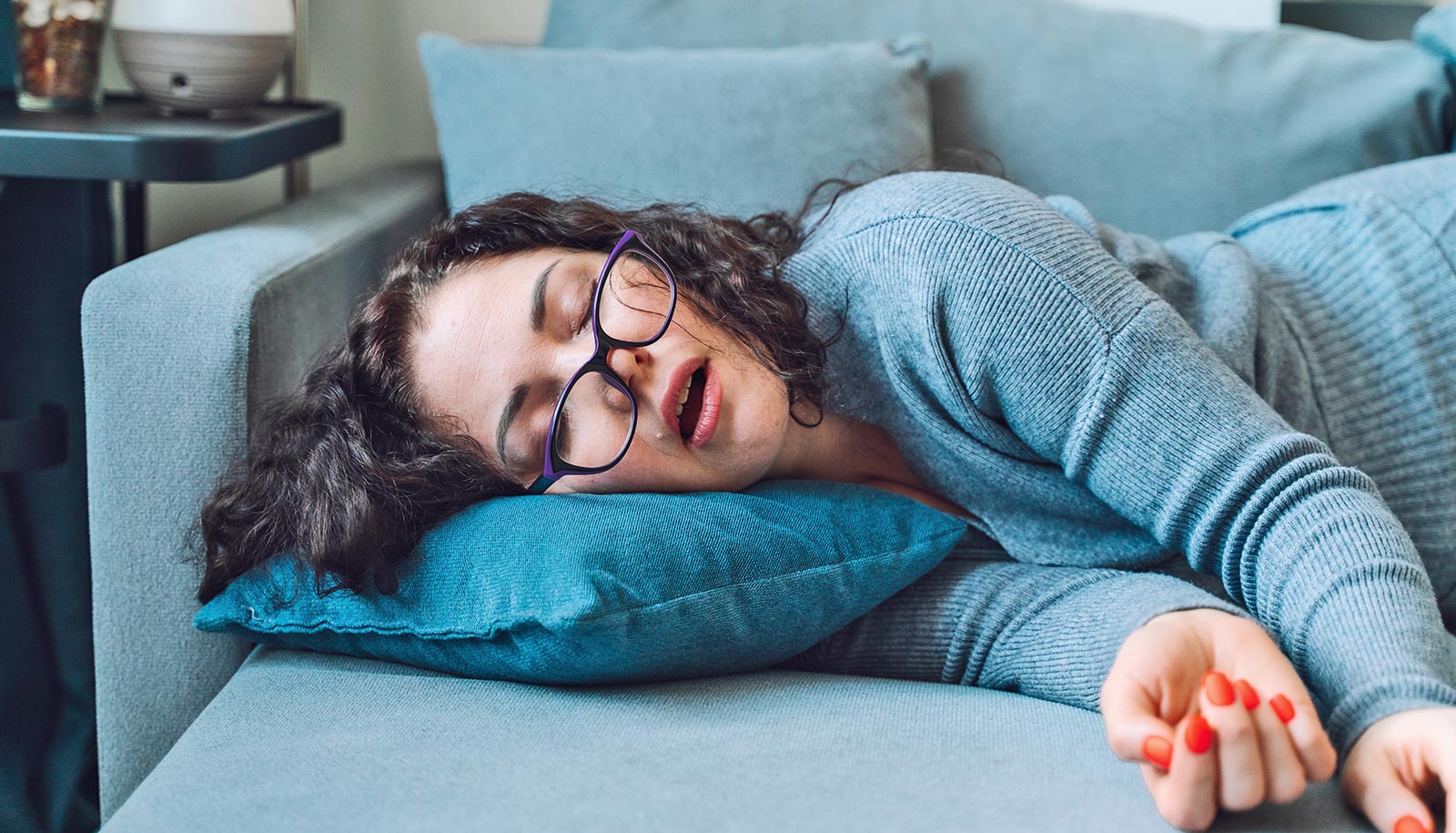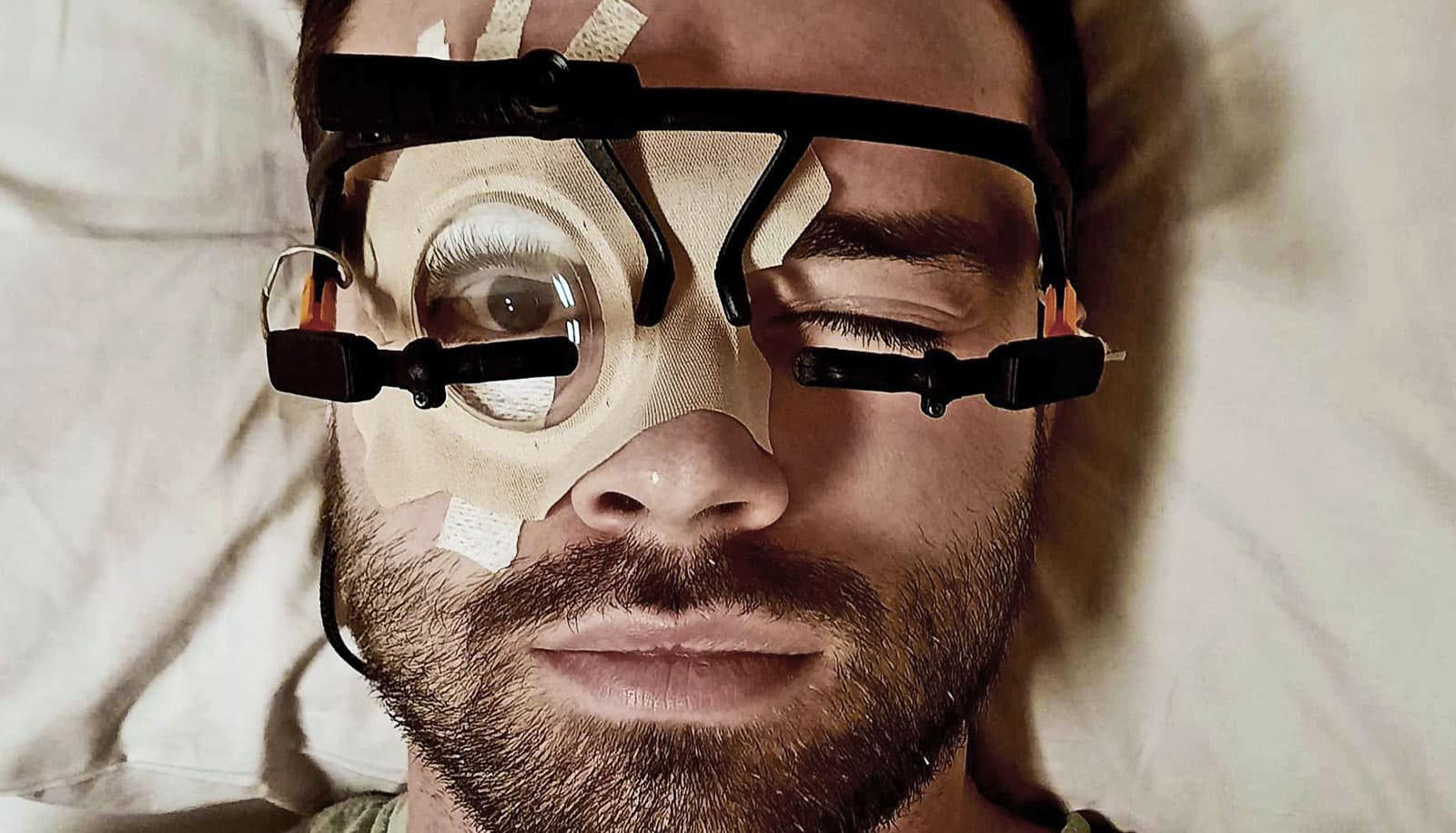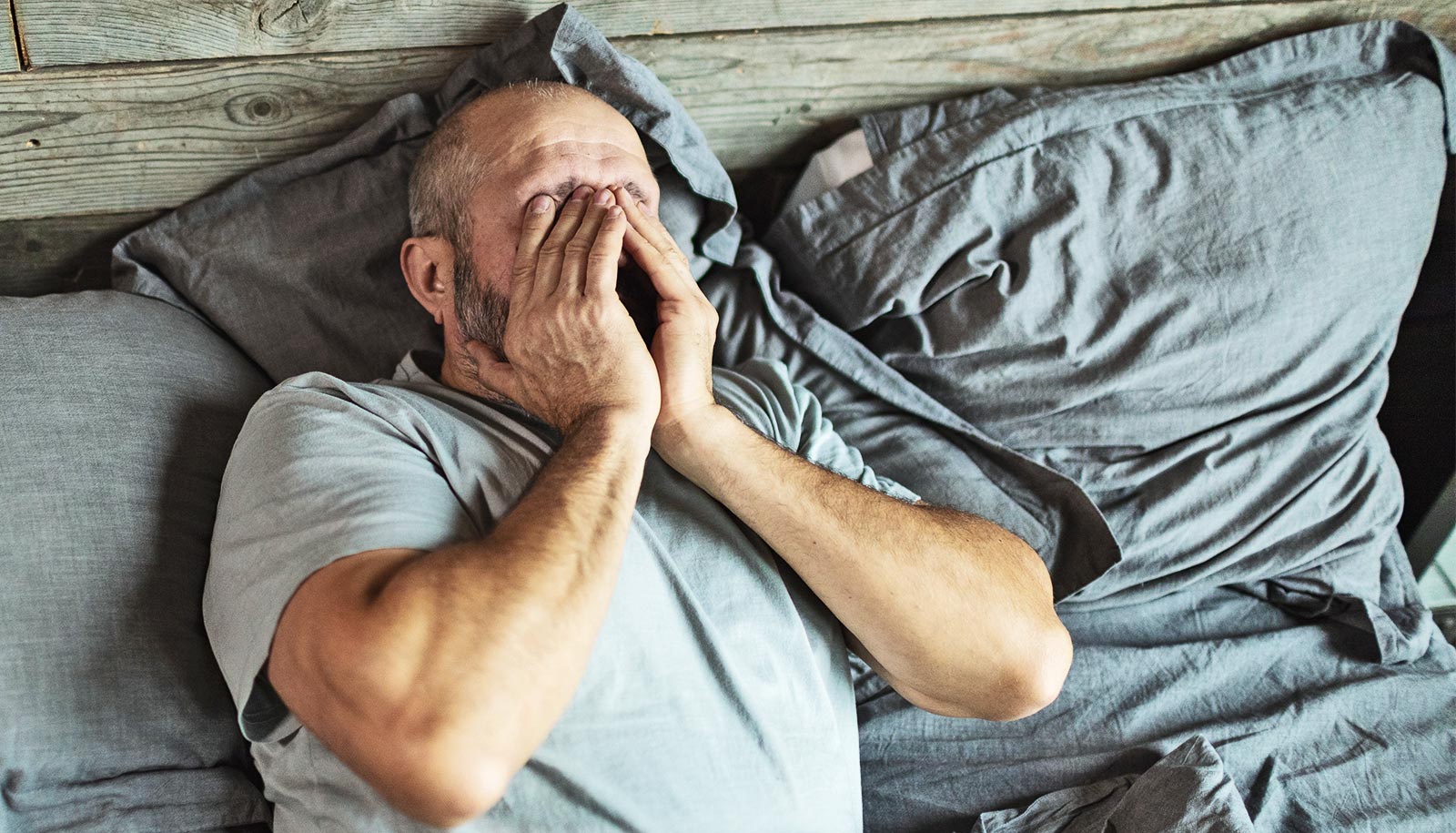Most Americans go to sleep later on Friday, Saturday, and Sunday nights than during the week, a new analysis confirms.
The study of data from physical activity monitors suggests that younger people, especially, are more naturally prone to go to bed and wake up later. That adds evidence to support recent pushes for later middle and high school start times, the researchers say.
“This means that a lot of people likely start their week on Monday morning with some sleep debt…”
Most studies measure bedtime and the duration of sleep through self-reports from the sleepers themselves, says lead author Jacek Urbanek, assistant professor of medicine at the Johns Hopkins University School of Medicine.
“We believe this is the first large-scale study to look at all days of the week separately,” he says, “and to use physical activity monitors to objectively determine gender-specific bedtime preferences and their changes over life span.”
Chronic sleep deprivation on work and school nights, often compensated for by later sleep on weekends, has been linked in previous research to depression, smoking, and alcohol and drug abuse. It is also linked to adolescents being significantly overweight and less physically active. In adults, sleep deprivation and sleep irregularities are associated with cardiovascular disease, stroke, cancer, diabetes, and premature mortality.
Urbanek and colleagues used data from the 2003-2006 National Health and Nutrition Examination Survey. They studied bedtime preferences for 11,951 US participants aged 6 to 84.
Each subject wore an accelerometer, a research-grade device similar to commercial fitness monitors, to measure physical activity for seven consecutive days. Participants took the devices off before going to bed and put them back on upon waking up.
The researchers labeled the time the devices were off as “objective bedtime” and used the OBT midpoint to measure a person’s preference for timing of sleep.
The midpoint on work- or school-free days is assumed to capture personal preferences for timing of sleep, controlled by an individual’s circadian clock.
The research team found that in all age groups, people on average went to bed later on Friday, even later on Saturday, and a bit less later on Sunday compared with weekday nights.
Just 1 night of bad sleep boosts amyloid beta in brain
The disparities were largest in teenagers and young adults, peaking at about 19 years old with—on average—60- , 75-, and 30-minute later bedtime midpoints on Friday, Saturday, and Sunday nights.
“Despite the need to get up for work or school the next morning, Sunday midpoints are still significantly later, arguably because of oversleeping on Friday and Saturday nights,” says Vadim Zipunnikov, assistant professor of biostatistics at the Johns Hopkins Bloomberg School of Public Health and the paper’s senior author.
“This means that a lot of people likely start their week on Monday morning with some sleep debt,” Zipunnikov says.
Weekday sleep midpoints for teenagers were on average around 3:50 am, more than an hour later than the 2:45 am midpoint for adults. This likely indicates that many middle and high school students do not get the recommended eight hours of sleep, the researchers say.
“Our findings provide additional evidence that sleep-wake cycles of teenagers are delayed and support for the idea that social systems should not encourage further sleep deprivation but instead work around physiological needs,” Urbanek says.
Teen smartphone use and lack of sleep may be linked
One workaround, the researchers say, is to delay school start times for middle and high school students. The American Academy of Pediatrics, American Academy of Sleep Medicine, and American Sleep Association have all recommend later school start times. The AAP recommends that middle and high schools start class no earlier than 8:30 am.
The findings appear in the journal Chronobiology International.
The National Institutes of Health funded the study.
Source: Johns Hopkins University



